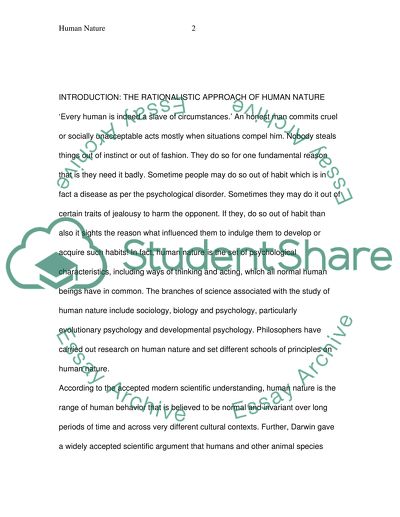Cite this document
(“Human Nature Essay Example | Topics and Well Written Essays - 1500 words”, n.d.)
Human Nature Essay Example | Topics and Well Written Essays - 1500 words. Retrieved from https://studentshare.org/psychology/1511772-human-nature
Human Nature Essay Example | Topics and Well Written Essays - 1500 words. Retrieved from https://studentshare.org/psychology/1511772-human-nature
(Human Nature Essay Example | Topics and Well Written Essays - 1500 Words)
Human Nature Essay Example | Topics and Well Written Essays - 1500 Words. https://studentshare.org/psychology/1511772-human-nature.
Human Nature Essay Example | Topics and Well Written Essays - 1500 Words. https://studentshare.org/psychology/1511772-human-nature.
“Human Nature Essay Example | Topics and Well Written Essays - 1500 Words”, n.d. https://studentshare.org/psychology/1511772-human-nature.


